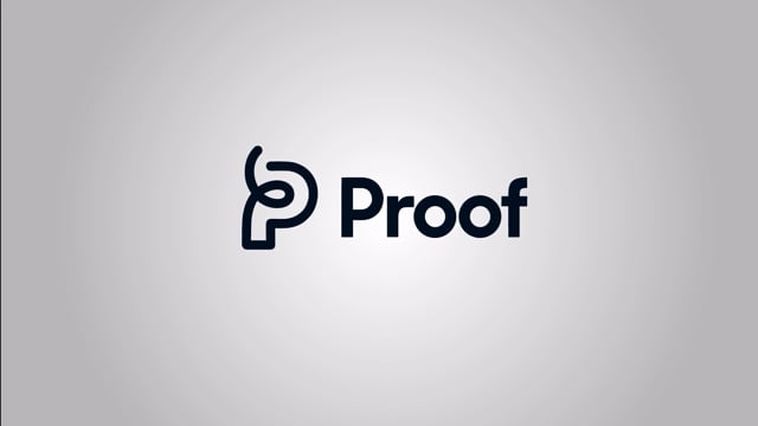The Top 8 Biggest Problems with Process Serving


Process serving is a fundamental aspect of the legal process. It’s also one that’s fragmented and time-consuming. Paralegals commonly note that it’s one of the most challenging areas of their job responsibilities. So, what are the biggest problems with process service for paralegals? In this post, we’ll point out the common concerns and provide insights on how to solve them.
1. It’s difficult to find servers.
Does your current method of finding servers drain hours from your week? It can involve a lot of back-and-forth phone calls, emails, or texts to make contact. Then you have to discuss their availability and location. Managing this could be a full-time job, and you already have much more higher-level work that’s your priority.
Adding to this challenge is that there are only 8,973 process servers in the U.S. In addition, the no serve, no fee clause that some states enacted may be deterring people from joining the profession.
Even if you have access to a network of servers, that doesn’t always correlate to availability. Automating this would certainly reduce the workload. By leveraging technology, you can match your job to the closest server. You can also submit requests 24/7. That simple capability can make all the difference, especially working across time zones. The confinement of traditional business hours doesn’t work in the modern world.
2. There’s a lack of communication.
Communication is key in process serving and something that paralegals always highlight when working with process servers. Unfortunately, they don’t always respond. If you depend on phone, email, or texts to get news, it’s a waiting game. If servers can use a technology platform, communication is easy and streamlined.
By introducing a preferred channel to communicate with all process servers, you have a complete overview of what’s happening. In many cases, there’s more than one person to serve. The same server could be doing them all, or you may be using multiple people. With notifications all along the way, you have more insight into what’s happening.
3. The service doesn’t happen.
Service not happening may not fall on the shoulders of your server. They can have inaccurate address information, and sometimes, despite their best efforts, the person isn’t locatable. Providing servers with the most information is crucial, which can be difficult if it’s not centralized. For example, address verification is essential to a successful serve. However, it may not be a simple, automated process. Things like this can fall through the cracks.
Other times, the server may drop the ball. Then you need to find someone else in a hurry. If you use a turnkey platform, the system automatically swaps to a new server if that party cannot fulfill the task. By having the immediacy to reassign, you can have fewer concerns that the case will stall. In the traditional model of process serving, you can’t attain this level of efficiency!
4. The process is hard to track.
Legal cases have so many components—filings, discovery, research, communication. Thankfully, most of these are easy to track and monitor thanks to technology. Process serving is more of an outlier because many legal professionals use various tactics and resources to complete the task. You often don’t know how many attempts servers make, know when the actual service occurs, or receive communication back from your server.
As a result, you’re constantly guessing and stressing. To eliminate this and modernize workflows, you can use legal tech solutions. By leveraging such a solution, trackability is no longer a bottleneck.
When you employ a process serving platform, you can receive real-time updates on attempts, service, and other relevant information. There are no calls or emails to wait for; the system immediately alerts you when any activity occurs. Imagine how much more productive you can be when you don’t have to spend so much time following up.
5. Reporting on serves is time-consuming.
As part of any process, you want to gather the analytics around it to understand your spending, time frames, and more. Reporting could be a nightmare if process serving doesn’t follow a specific workflow or technology doesn't support it. Many use spreadsheets to put in all the numbers for service. This approach is better than nothing, but turning data into actionable reports isn’t easy. It’s a very manual process but a necessary one.
To alleviate these challenges, you want to use a system that’s gathering and aggregating all this data for you. Then you can easily export and share it with those that need to see it. You can quickly review the information that can lead to insights and improve how you conduct serving. These reports may be of great value for future budgeting and planning.
6. Servers may not follow rules and regulations.
Each state has specific laws about process serving. Some mandate recording the service process, which requires them to have GPS service, file affidavits, and give proof of service. Other states require licenses to work as a server. There are also a host of other activities they must not engage in while attempting to serve a party.
While most process servers follow the letter of the law, if you don’t verify the qualifications and background of the person, it could be a risk. That can happen if you’re looking for someone to take care of a job outside your usual network. When looking for a process server, the things you seek are often the same as what platforms require.
Ideally, you want to use a solution that only contracts with approved servers that have the proper license, experience, and understanding of protocols. This process is consistent across the board, which means it doesn’t take space on your plate anymore.
7. You don’t have access to servers in every state.
Depending on where you are and the type of legal cases your organization handles, you likely won’t be serving people just in your area. You may need to find people thousands of miles away. When a case is not local, you have to research possible servers in that area and make connections. It’s more time that you simply don’t have.
By using a platform that offers server connections in every state, you can input your documents and wait for a match to a local server. You can be confident they’re a professional and reliable server vetted and certified by the network.
8. The costs of service are too high.
The final problem with process service for paralegals is cost. The expense of serving can vary greatly from server to server, by location, or other factors. Those costs can add up fast—especially when there are multiple attempts.
While you understand those types of charges, quick and easy serves shouldn’t come with a high expense. You can budget better if you have a platform that matches you with servers based on your requirements, which includes budget.
Eliminate problems with process service for paralegals with Proof.
Process serving doesn’t have to be a pain point when you have the power of technology working in your favor. Firms, organizations, and government agencies that use Proof find many traditional serving challenges disappear. Technology can transform a once disjointed, time-consuming practice into one that's streamlined. Check out our brochure to see how easy using Proof is.